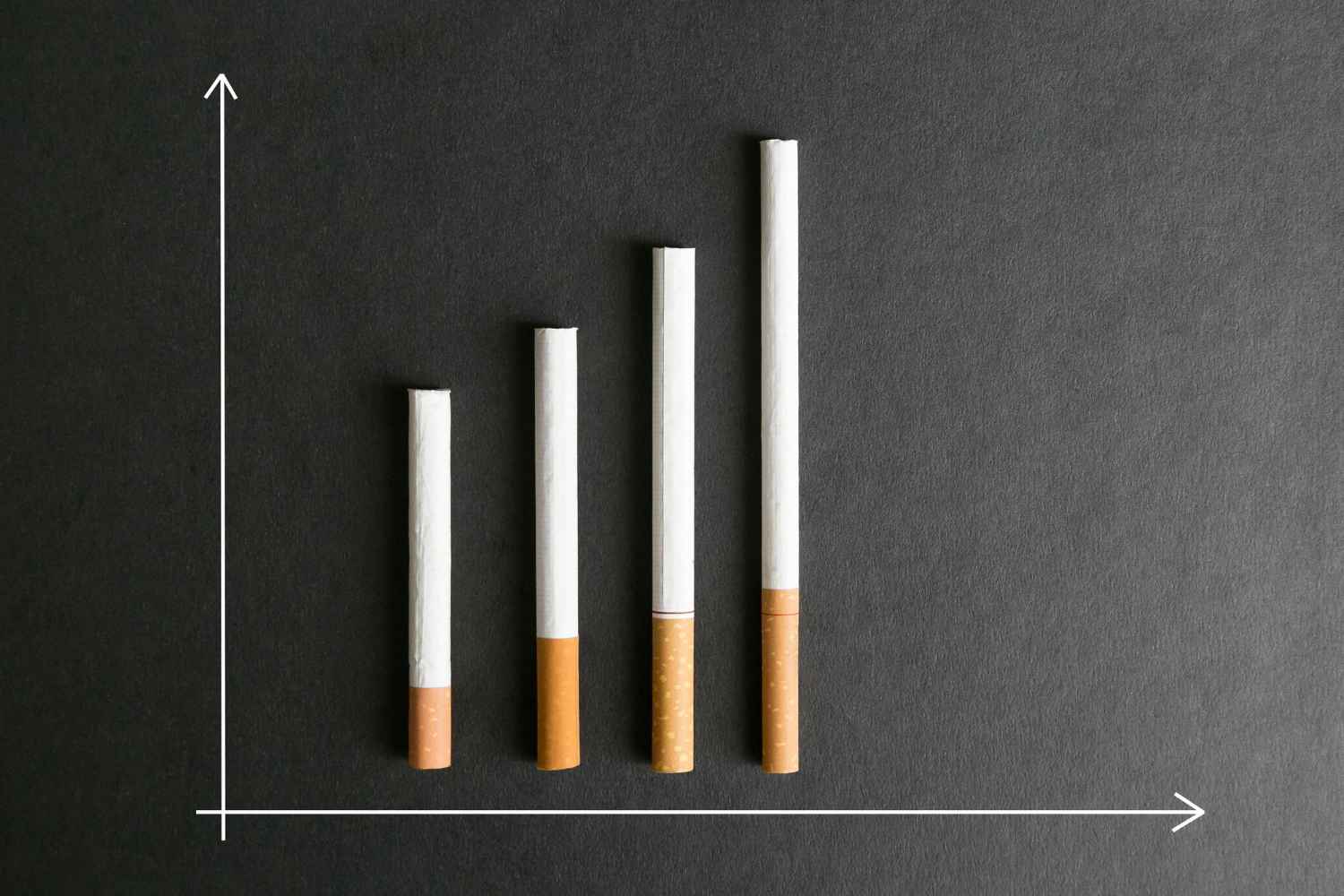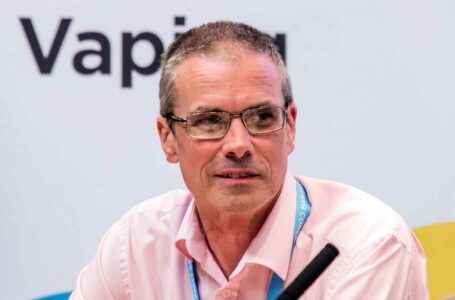Global smoking rates remain high despite two decades of effort by the World Health Organization (WHO), leading public health and consumer advocates to call for a new approach to tobacco control.
Experts said the current WHO policy has been ineffective in significantly reducing tobacco-related deaths.
Speaking at the 2025 Global Forum on Nicotine (GFN) in Poland, panelists said the WHO’s prohibition-driven stance is out of step with evidence-based harm reduction practices that could help over a billion smokers quit or switch to less harmful products like heated tobacco, e-cigarettes and nicotine pouches.
A session titled “Reflections on the Framework Convention on Tobacco Control at 20” gathered experts in public health, oncology, and consumer advocacy to evaluate the WHO’s flagship treaty after two decades of implementation.
GFN panelists urged a reframing of global tobacco policy to focus on science, equity, and human rights, saying it should prioritize harm reduction, respect consumer choice, and value the lived experiences of those most affected. They argued for moving beyond blanket bans toward pragmatic, evidence-based measures that encourage innovation and protect individual dignity.
Panelists included Professor Tikki Pangestu, former Director of Research Policy & Cooperation at the WHO and now Visiting Professor at the Yong Loo Lin School of Medicine, National University of Singapore; Asa Saligupta, director of ENDS Cigarette Smoke Thailand (ECST); Dr. Derek Yach, former WHO cabinet director and executive director for noncommunicable diseases and mental health, where he played a leading role in creating the Framework Convention on Tobacco Control (FCTC); Professor David Khayat, French oncologist and co-author of the Paris Charter Against Cancer; and Jeannine Cameron, founder of JCIC International Consultancy.
Pangestu noted the heavy influence the WHO has on low- and middle-income countries (LMICs), where independent policymaking can be difficult. “The elephant in the room is the WHO,” he said. “As long as that position doesn’t change, many countries are going to continue with apathy.”
Saligupta criticized the role of Bloomberg Philanthropies and certain NGOs in promoting restrictive WHO-aligned tobacco policies. “They use ideology over evidence, they’re ignoring science and pushing prohibition,” he said, warning that misinformation and overregulation are blocking safer alternatives in countries like Thailand, where vaping remains banned.
In the Philippines, Dr. Lorenzo Mata Jr., president of the advocacy group Quit for Good, echoed the call for change. “The WHO has fallen short of its target and failed to help more than a billion smokers globally,” Mata said.

“Because of its prohibitionist ideology, the WHO has only alienated smokers and nicotine consumers, demonizing them for their habits. It is time for the WHO to adopt a more compassionate approach and acknowledge the rights of consumers to choose what is best for them,” he added.
Reflecting on the FCTC, Yach highlighted its historical value but lamented its patchy implementation and resistance to harm reduction. Khayat called for a more compassionate, education-driven approach to public health, rejecting the “quit or die” framing as unrealistic. Cameron stressed that real progress depends on national governments, not international agencies.
“The WHO gets to decide nothing. It’s the national governments that must act,” she said.



















